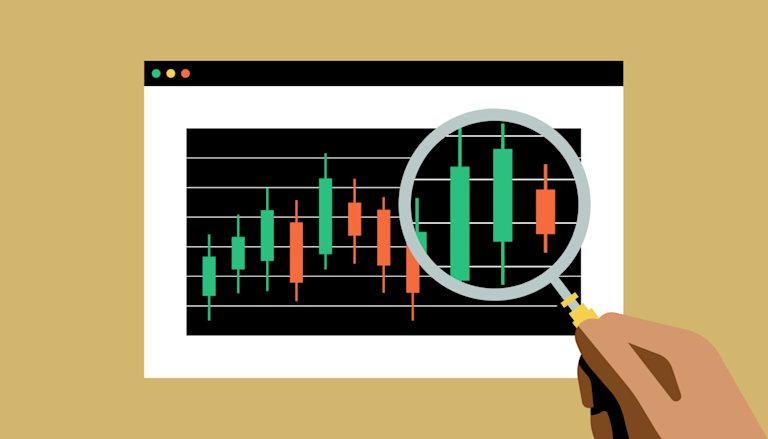www.progettoarte.info
Your Guide to Crypto Trading Platforms Navigating the Digital Currency Marketplace

Exploring Crypto Trading Platforms
In recent years, the emergence of cryptocurrencies has transcended the financial landscape, compelling both seasoned investors and newcomers to consider digital currencies as a viable investment option. At the heart of this revolution are crypto trading platforms, which provide users with essential tools and resources for buying, selling, and managing digital assets. As you embark on your cryptocurrency journey, understanding the various crypto trading platforms and their unique features is crucial. For a detailed overview, visit Crypto Trading Platforms https://www.progettoarte.info/it/component/k2/item/16-nam-pretium-turpis-et/16-nam-pretium-turpis-et?start=60.
What are Crypto Trading Platforms?
Crypto trading platforms are online marketplaces where users can trade cryptocurrencies. These platforms serve as intermediaries that facilitate the exchange between buyers and sellers. With the growth of digital currencies, numerous crypto trading platforms have emerged, each offering a variety of services tailored to meet the preferences and needs of different types of traders.
Types of Crypto Trading Platforms
There are several types of crypto trading platforms, each designed for specific user requirements:

- Centralized Exchanges (CEX): These are the most popular trading platforms where the exchange operates as a third party. Users must create accounts and trust the platform to hold their funds. Examples include Binance, Coinbase, and Kraken.
- Decentralized Exchanges (DEX): Distinct from CEX, these platforms operate without a central authority. Users trade directly with each other via smart contracts, and examples include Uniswap and SushiSwap.
- Peer-to-Peer Trading Platforms (P2P): These platforms connect buyers and sellers directly, allowing them to negotiate pricing. Examples are LocalBitcoins and Paxful.
- Brokerage Platforms: Similarly to stocks and other assets, some platforms act as brokers for users who wish to buy cryptocurrencies without needing to manage the complexities of trading. Examples include Robinhood and eToro.
Key Features to Consider

When choosing a crypto trading platform, consider the following features to find the right fit for your trading needs:
- Security: Security is paramount in the cryptocurrency space. Choose platforms that implement robust security measures like two-factor authentication (2FA), withdrawal whitelists, and cold storage for assets.
- User Interface: A user-friendly interface is vital, especially for beginners. Look for platforms with intuitive designs, clear navigation, and helpful resources.
- Fees: Different platforms have varying fee structures, including trading fees, withdrawal fees, and deposit fees. Understanding these costs is crucial to ensure profitable trading.
- Cryptocurrency Selection: Consider the variety of cryptocurrencies offered. Some platforms focus on major coins (like Bitcoin and Ethereum), while others provide a wider selection of altcoins.
- Liquidity: High liquidity on a platform means you can buy or sell assets without affecting the price significantly, ensuring smoother transactions.
- Customer Support: Opt for platforms that offer reliable customer support, including live chat, FAQs, and help centers, to address concerns quickly.
The Importance of Research
Before committing to any crypto trading platform, conducting thorough research is essential. Read user reviews and ratings, evaluate the platform’s reputation, and stay informed about any past security breaches or controversies. Understanding the platform’s terms and services, including withdrawal limits and transaction times, is also crucial.
Pros and Cons of Cryptocurrency Trading Platforms
Like any service, crypto trading platforms come with their unique advantages and disadvantages:
Pros:
- Accessibility: Many platforms offer mobile applications, enabling users to trade on-the-go.
- Variety of Tools: Advanced trading features such as leverage, futures, and margin trading are often available.
- Community and Support: Many platforms offer communities and forums where users can share insights and strategies.
Cons:
- Regulatory Risks: The legal environment for cryptocurrencies continues to evolve, leading to potential limitations on trading.
- Security Issues: Centralized exchanges are often targets for hackers, highlighting the risk of losing funds.
- Complexity: For beginners, the variety of features, fees, and trading tools can be overwhelming.
Final Thoughts
The rapid expansion of the cryptocurrency market emphasizes the importance of choosing the right trading platform. With an array of options catering to different trading styles and preferences, it’s vital to identify what features are most important to you. Whether you prioritize security, variety, or advanced trading options, there’s a platform out there that fits your needs. As with all investments, proceed with caution and precisely evaluate your choices in the ever-evolving world of crypto trading.
